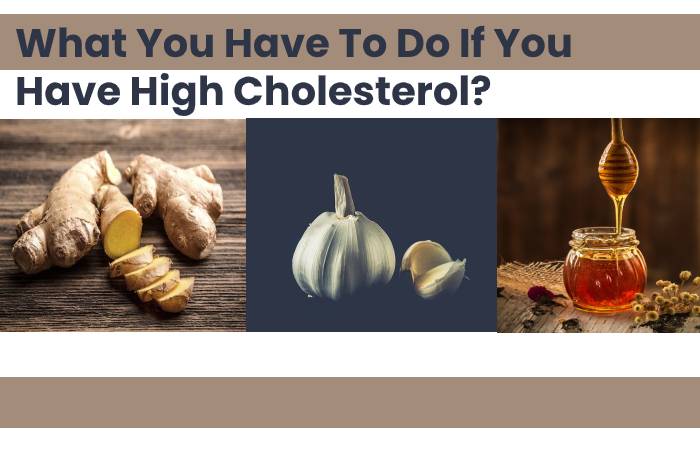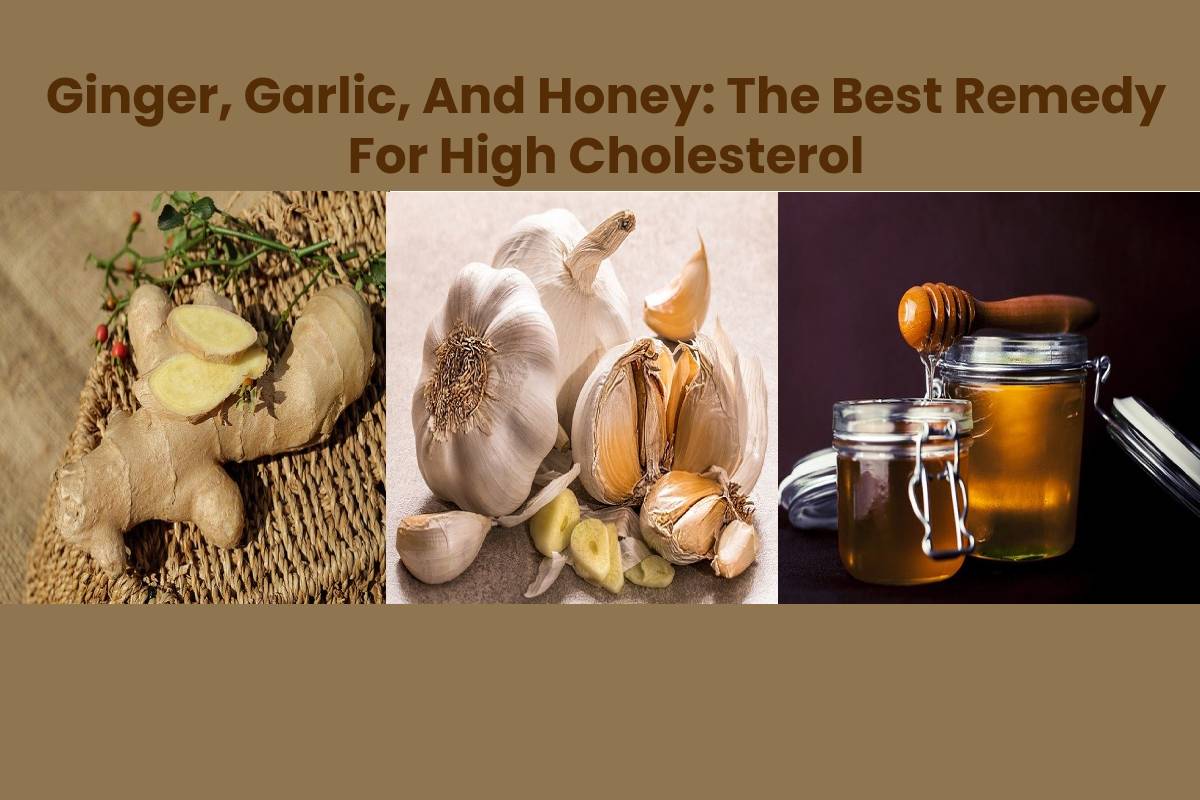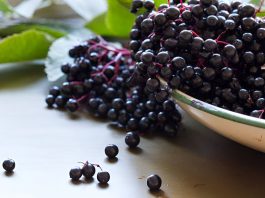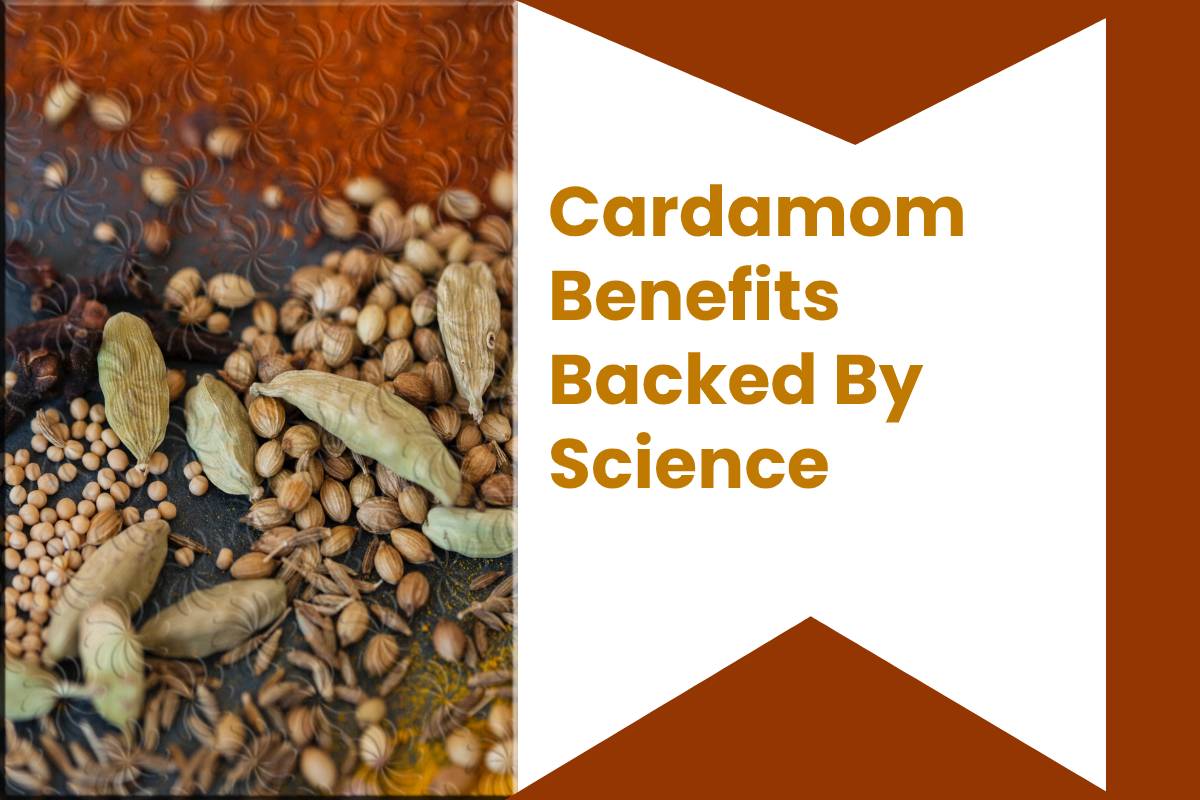High cholesterol can lead to the appearance of cardiovascular diseases, the most deadly worldwide. So it is necessary to keep their levels under control to avoid complications like a heart attack.
The mixture of ginger, garlic, and honey is said to be an excellent remedy for high cholesterol.
Therefore, many people have been encouraged to prepare it and include it in the diet.
Below we will discuss in more detail everything you need to know about the ingredients of this remedy. And it’s potential to improve your health, according to scientific evidence.
Table of Contents
What You Have To Do If You Have High Cholesterol?

If you diagnosed with high cholesterol, you must improve your life habits as soon as possible.
The perfect combination comes to being healthy eating and exercise.
Along with this, you should quit tobacco and minimize (or eliminate) the consumption of alcoholic beverages.
Some proposals that can inspire you when it comes to improving your eating habits are the Harvard dish and the Mediterranean diet.
However, the best essential thing is that you follow the references from your doctor.
- Substitute whole milk for skimmed milk; butter for olive oil and fatty meats for lean meats with little fat.
- Saturated fat should reduce. It recommended that it be less than 10% of the diet.
- Increase the consumption of bluefish.
- Consume a lesser amount of than 7% polyunsaturated fat.
- Limit monounsaturated fat to 15-20% of the diet.
- Consume less than 300 mg of cholesterol, 50-55% of carbohydrates, and 15% of protein.
- Take 20-30 g of fiber and enough calories to maintain a proper weight.
Ginger, Garlic, And Honey Remedy To Regulate Cholesterol
According to beliefs, the combination of ginger, garlic, and honey can help regulate cholesterol since antioxidant properties attributed to all three ingredients.
According to Experts from the Spanish Nutrition Foundation (FEN):
- Honey is a food that provides sugars, amino acids, tannins, glucose, and alkaloids. It has been a highly valued food for its many therapeutic applications.
- Garlic provides protein, iodine, phosphorus, potassium, vitamin B6, and sulfur compounds. For a long time, various properties attributed to it. However, studies showed that many myths were surrounding this food.
- Ginger provides protein, vitamins (B1, B2, B3, B5, B6, B9, C), magnesium, potassium, calcium, iron, manganese, zinc, phosphorous, and sodium. Although it has beneficial properties for health, you must be aware of its contraindications.
- Therefore, although they are healthy ingredients that can help complement the diet, there is no evidence that their combination is 100% effective in treating cholesterol.
Ingredients
- 4 cloves of garlic
- 1 cup of honey (100 g)
- 8 cups of water (2 liters)
- 3 centimeters of ginger root
- ½ cup of lemon juice (125 ml)
Preparation
- Peel the garlic very well and add to a food processor together with the pieces of ginger root.
- Blend for a few minutes until a homogeneous mixture obtained.
- Extract the juice of lemon until reaching half a cup and add it to the mixture together with the 2 liters of water.
- Finally, add the cup of honey and blend.
- Strain the drink if necessary, and pour it into a glass jar.
- Let it rest for at least 5 days in a cool place and the shade. You can also refrigerate it if you prefer.
Consumption Mode
- Take a tablespoon on an empty stomach.
- You can also dilute the tablespoon in a glass with warm water and consume along with breakfast.
- Avoid consuming more than 1 tablespoon a day, since honey is a food with a high amount of calories.
- Ginger contraindicated, in some cases, so it is essential to be well informed before starting to consume it.
Final Note
Although the liver is a producer of cholesterol, the one that comes from food is the one that most affects our body. So watch what you eat?.
Remember to attend an annual check-up with your GP to check your cholesterol, triglycerides, and blood sugar levels.
If you are in the risk group for cardiovascular disease, you should see your doctor more often.



